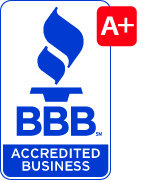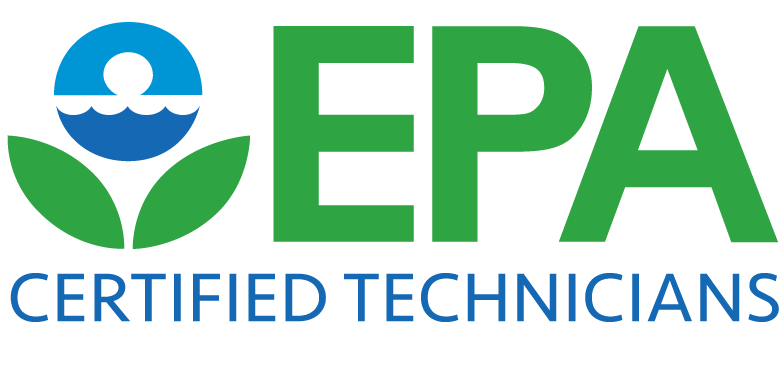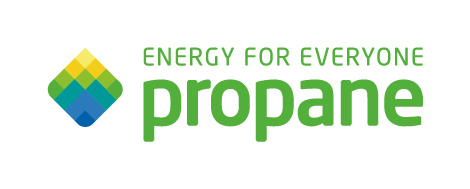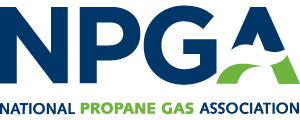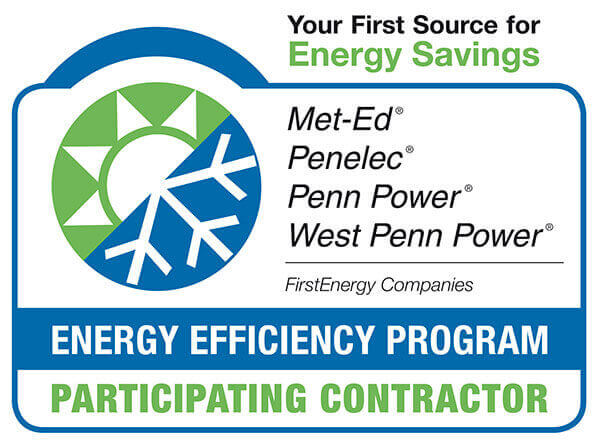FAQs
Q: What does HVAC mean?
A: HVAC is an acronym that stands for heating, ventilation, and air conditioning.
Q: What type of routine maintenance do I want to do on my cooling and heating unit?
A: The key to HVAC maintenance is good circulation. This suggests that anything that restricts airflow should be immediately fixed. Things like dust, debris, or dirt should be removed. Your air filters should typically be clean for proper circulation. A yearly tune-up on your AC should be scheduled in the spring season and a yearly tune-up on your furnace should be scheduled in the fall time.
Q: What are the sources of indoor air pollution?
A: Factors to indoor air pollution can differ. Some might actually surprise you. Specific items in your house have materials that emit fumes or gases. These include:
- Carpeting
- Home furnishings
- Drapes or curtains
- Upholstery
- Cleaning products
Since newer homes are built so tightly, they do not breathe as well as older homes do. While this may make for an exceptionally energy efficient home, it also stimulates to indoor air pollution. The build-up of gases and fumes result in indoor air pollution. This can be avoided by having an HVAC system that allows for proper ventilation. With a whole house ventilation system, a homeowner can appreciate a very energy efficient house without the concern of indoor air pollution.
Q: Should I cover my outside unit throughout the wintertime?
A: Your outside machine should not be covered during the winter season. Even when a blizzard is expected, your system can handle it. These heating and cooling systems are designed to tolerate even the chilliest of weather conditions. Covering it can bring about some unforeseen complications. If anybody were to accidentally switch on the air conditioning unit, it can damage the condenser and its parts.
Q: I have installed an updated furnace and air conditioner. How long should I presume it to last?
A: This depends on a handful of variables. When you purchase a brand new furnace or air conditioner, they are produced to last almost 15-20 years. It should really be noted that most systems become less energy efficient as they grow older. For that reason, a 12 year old unit will not be as energy efficient as a brand new one. You can help your HVAC system last and work more efficiently by properly maintaining it. Proper installation also plays a role in the service life of an HVAC system. Be sure that it is installed correctly by choosing a reputable Westwood HVAC company, like SOS XTREME Comfort®.
Q: I should buy a new heating/cooling system. How do I pick the ideal one for me?
A: The number one element that you should take into account is overall size. The system must be the proper size for your home. Many people make the error of purchasing systems that are too big, thinking that the system will warm up or cool their house more rapidly. Other property owners get units that are too small, believing that their units will use much less electrical power and consequently, save money. This is a big no-no. Your unit must go well with the size of your house so that it can properly heat or cool it. A Westwood, New Jersey heating and cooling contractor, like SOS XTREME Comfort®, has the knowledge to match your unit. Also, be sure to explore operating expenses of your system with your contractor. You want a system that, essentially, pays you back. Be sure to invest in a system that, on a monthly basis, balances out the expense of the unit with the help of your energy bill.
Q: I just purchased a new heating and cooling system. Should I have a programmable thermostat put in also?
A: House owners are becoming more aware of the electricity use in their homes. A simple product, like a programmable thermostat, is helping property owners become more familiar with their home heating and air conditioning costs. It allows property owners to adjust the temperature of their home based on their necessities and schedules. This saves them a great deal of money for the reason that they do not have to try to remember to turn the thermostat up or down before leaving the home or right before going to bed. In the hustle and bustle of life, most people fail to remember to do this. For example, you can set your thermostat to heat your home right before you get out of bed in the morning instead of waiting for you to get out of bed to do it. You can also do this right before you get home from work. It is quite a convenient, money-saving device.
Q: My furnace/air conditioner gets the job done despite the fact that it is old. Why should I replace it?
A: There are a few reasons to remove and replace your system. In your situation, when your system is much more than 12 years old, then it does not perform as efficiently. This is due to the fact that systems lose their efficiency as they get older. This translates into higher electrical costs given that it has to work harder to keep your home comfortable. A new unit can surely make a difference on your electric charges and your home’s comfort levels. By keeping your old unit, you are paying more every month than you should be. You can save as much as 50% of your operating fees. This indicates that you will get your return on your investment quickly. You might not want to invest in a new unit but you will be glad that you did when you recognize that it pays itself off rapidly and then, you will have the ability to invest your money on other things outside of home heating and air conditioning costs.
Q: The temperature inside of my house is fine but my unit’s fan seems to be running all of the time. What should I do?
A: If your fan seems to be operating all of the time, then it is very likely that your thermostat is on the ‘on’ setting. Although this setting creates more of a balanced temperature within your house, it certainly will make your energy bills escalate.



